All bodies are different. All our relationships with our bodies are different. Our diversity is part of our beauty as the human species. The many roads of recovery with eating disorders reflects this diversity as each unique individual discovers how to engage their own body in a way that works best for them. Becoming aware of our relationships with our bodies and journeying towards a healthier relationship with them can be difficult, but never hopeless. There are a few components of recovery that can be helpful points to engage with when discovering your own path of eating disorder recovery.
Shame
One of the ways to begin addressing recovery is by looking at the voice of shame we hear. Shame often tells us we are bad, wrong, undeserving, or hopeless. This can feel discouraging when embarking on the incredibly terrifying and painful work of recovery. It can also make us feel like we are constantly failing. However, what shame tells us is “failure” is actually an opportunity for discovery: discovering more of ourselves, our relationships with our bodies and food, and our processes. Shifting the voices we accept from those of shame to those of self affirmation, kindness, and non-judgment can be a huge step towards breaking the cycles of eating disorders.
Coping Mechanisms
Another component of recovery can be discovering new coping mechanisms. These can vary from journaling to playing music to gardening to various other ways of channeling emotion. It may take time to find what works best. It may also take time to engage new coping mechanisms more regularly. This is all part of the process. Again, kindness and non-judgment are wonderful and patient companions that help through recovery.
Our bodies are all different
The diversity of recovery also shows up in relationships to food and our bodies. Since we are all different, our bodies need different things. Learning to respect our bodies and engage them more caringly is a unique process for everyone. This may come about with tactics such as mindfulness and trying to notice what our bodies are saying they want or don’t want. Our bodies are quite intuitive even though we may have disconnected from our intuition. This connection with our bodies takes time to cultivate.
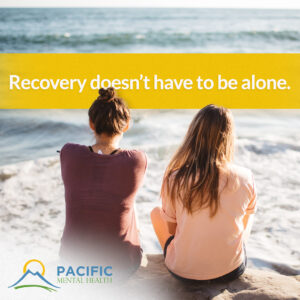
Questions to ask yourself
We may start by noticing we are tired. Can we be kind and non-judgmental to this tiredness and give our bodies a break? We may notice we are hungry or full. Can we respect our bodies by giving them what they are asking for without judging or shaming them? Rather than responding to our bodies as though they are enemies or weapons, maybe we can treat them as though they are someone to be in relationship with and listen to them to best know how to give them care.
Community
The above potential components of recovery are only a few of many that can be incorporated into one’s path of recovery. All of them can be aided with support from friends, family, professionals, or support groups. Community can be essential in continuing to practice fostering the kindness, non-judgment, and care needed to persevere. Genuine connections with others are not only helpful, but also healing. Seeking the right type of support that works for each unique individual is well worth the effort. Recovery doesn’t have to be alone.
Recovery
All things considered, there are as many paths to recovery, as there are people. Some of the above components of recovery may be beneficial to consider and try. Or they may not. Ultimately, what is important is remembering to be kind and non-judgmental to ourselves and our bodies through recovery. Each step is a step, no matter the direction. And each moment is a fresh moment to engage. Relationships with ourselves, our bodies, and food take time to build, but they are so worth the transformation they can bring.
Schedule an appointment with a trained mental health care professional at Pacific Mental Health. You can also read more articles about mental health topics written by Pacific Mental Health counselors on our blog.
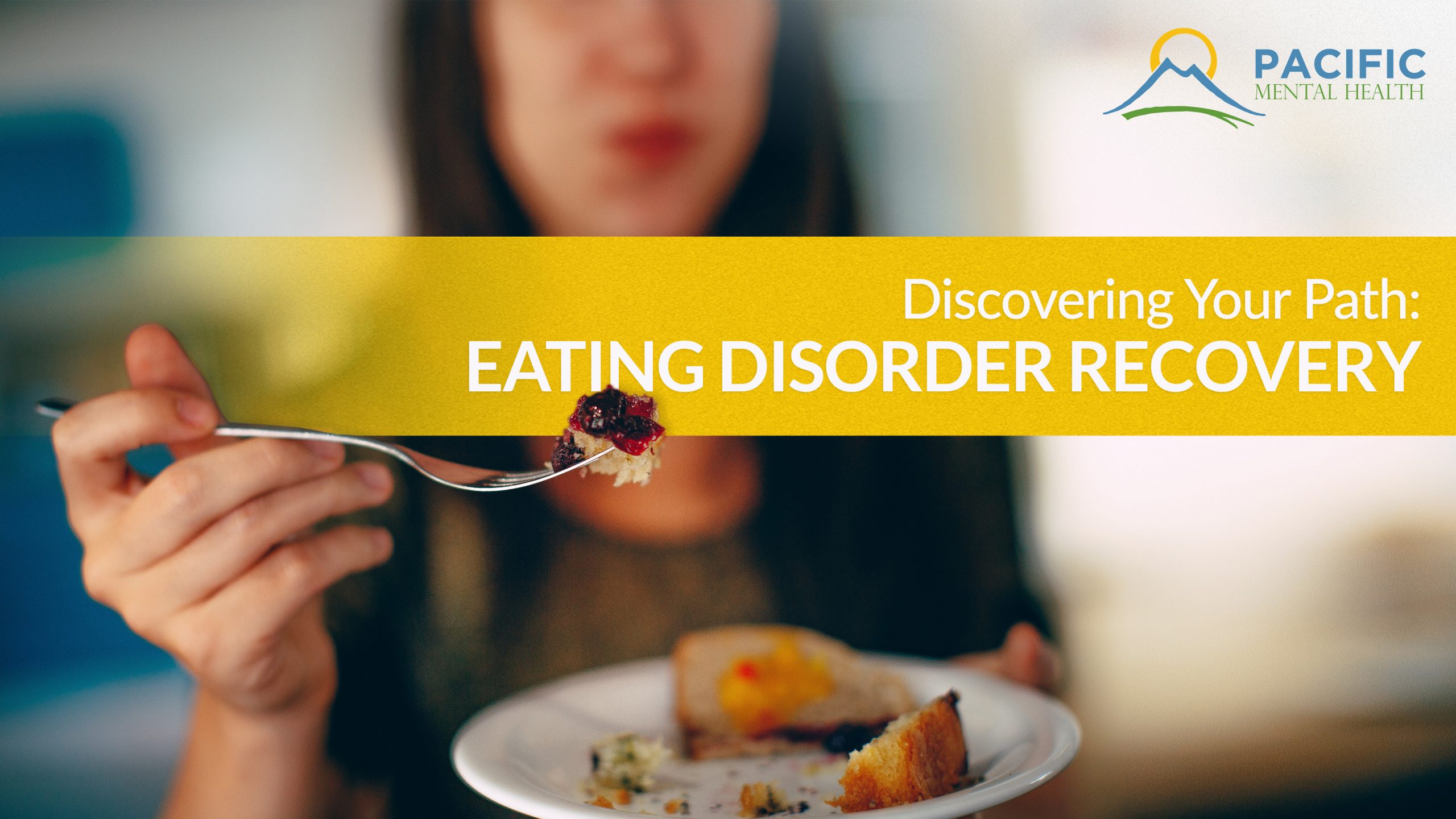
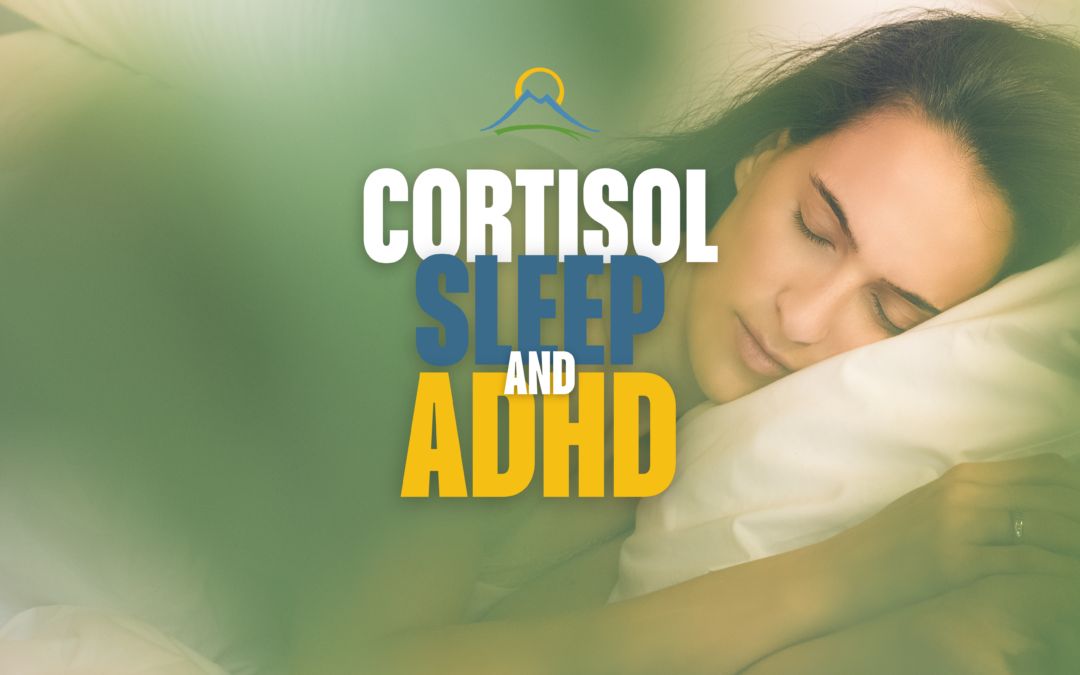
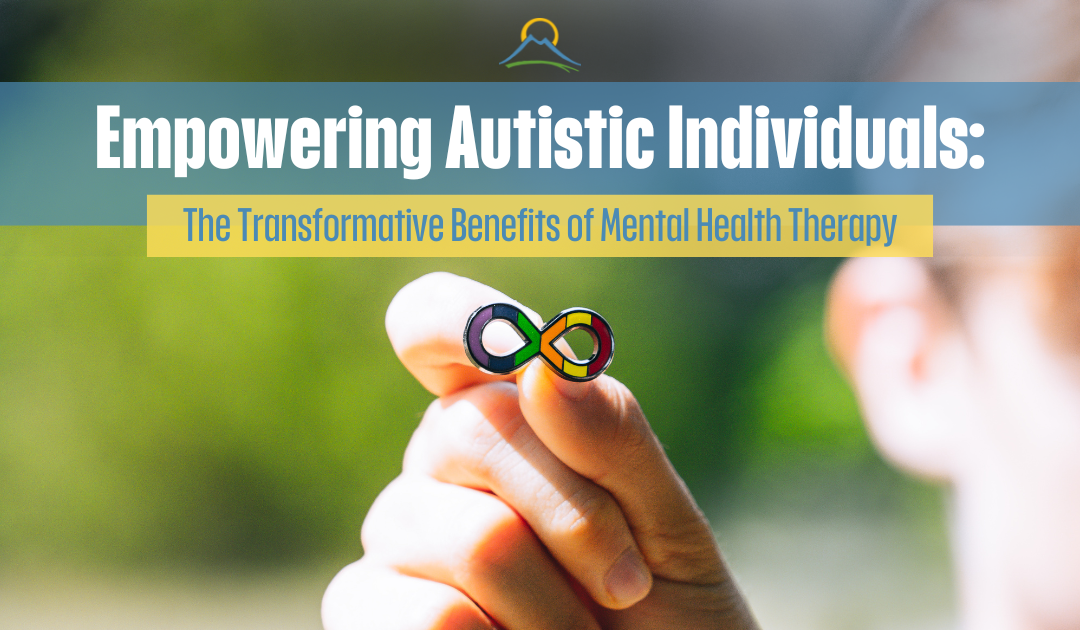
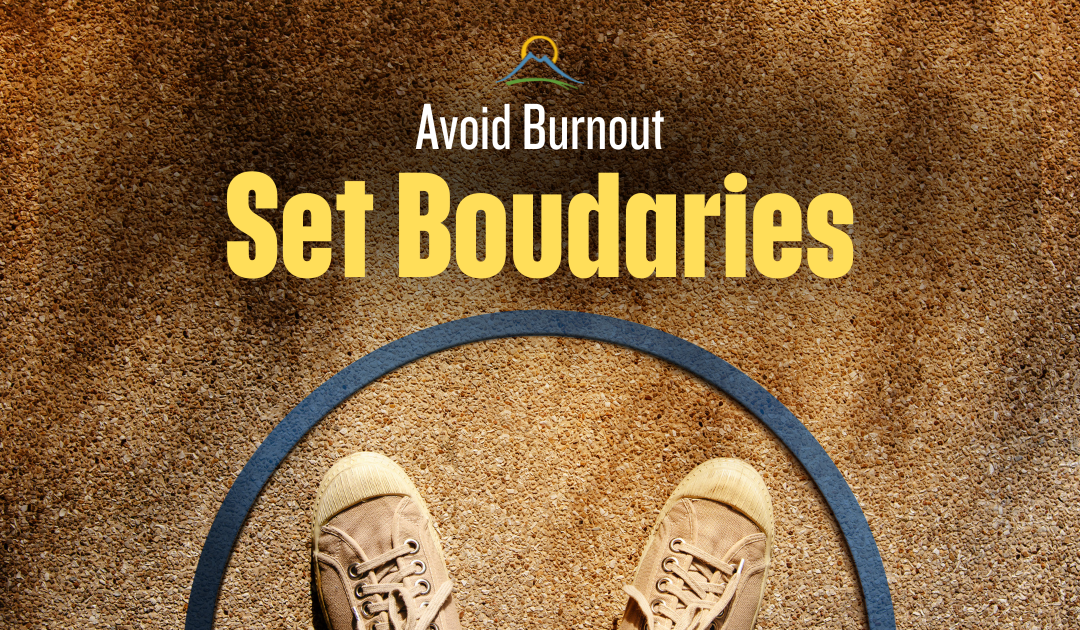
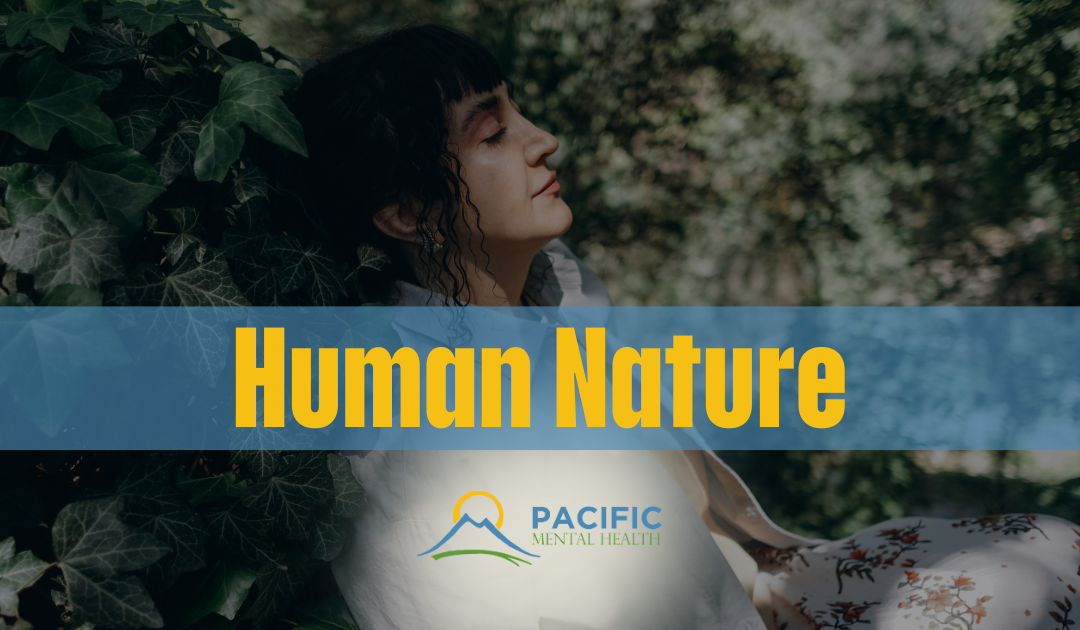
0 Comments